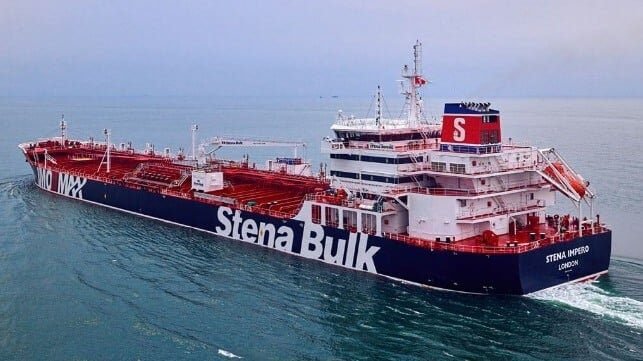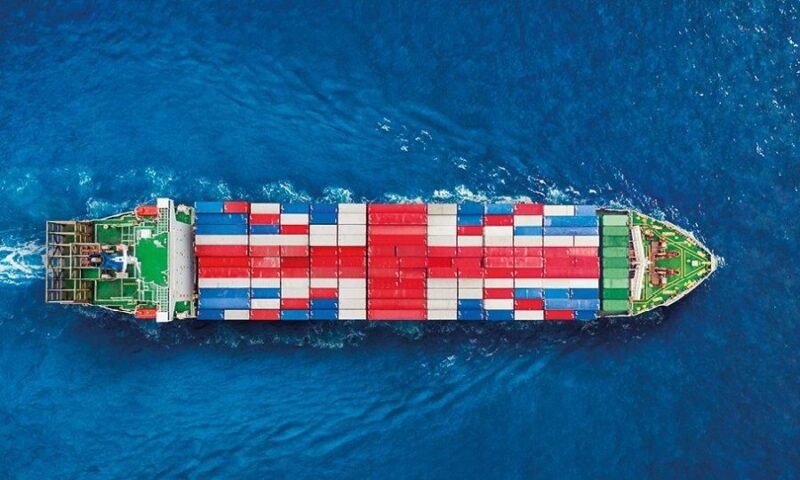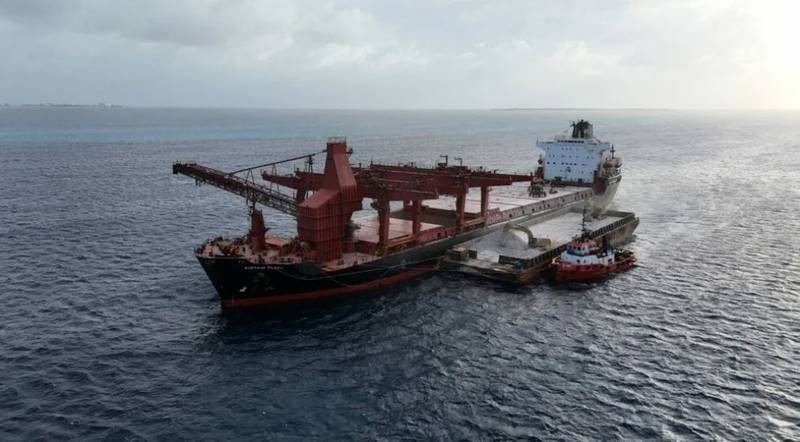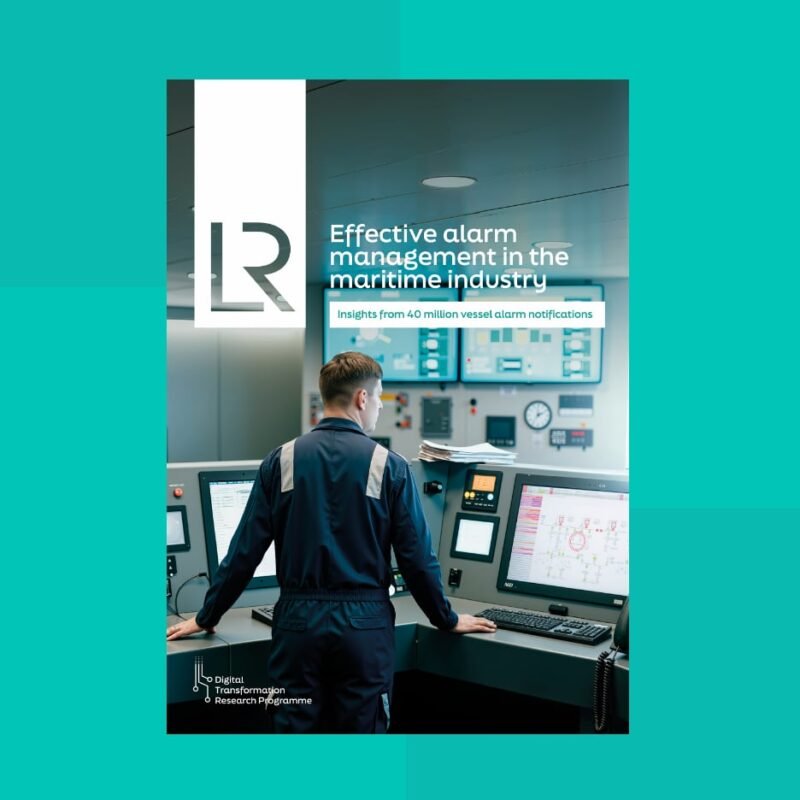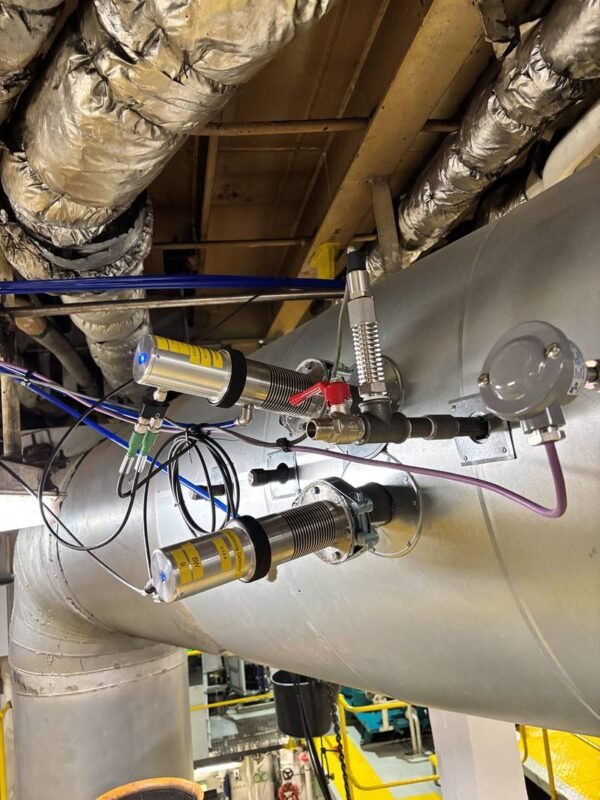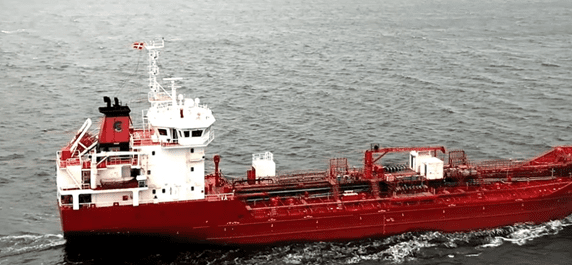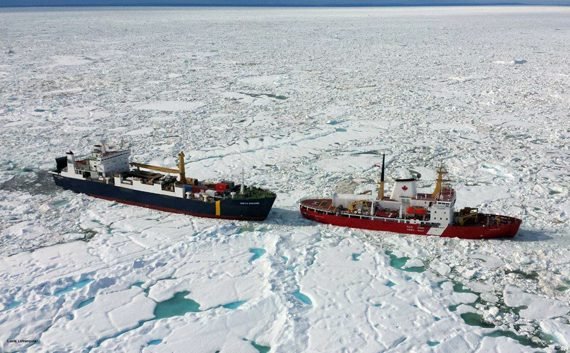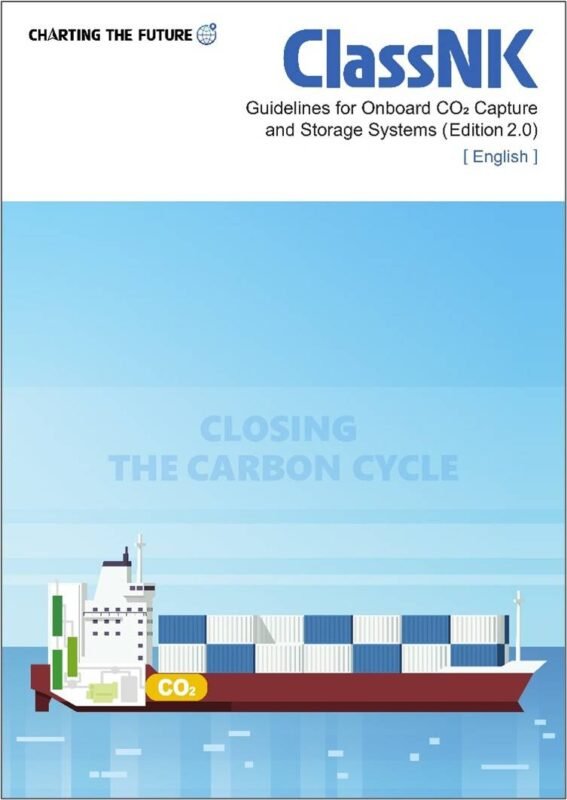An engineering study conducted over 18 months by the Oil and Gas Climate Initiative (OGCI), the Global Centre for Maritime Decarbonisation (GCMD), and Stena Bulk, in collaboration with other maritime organizations, explored the potential use of carbon capture technology on vessels. The study found that despite the current high costs, carbon capture could extend a vessel’s economic life and significantly reduce CO2 emissions with only a small fuel penalty. This technology could play a crucial role in helping the maritime industry achieve the International Maritime Organization’s decarbonization goals.
The study focused on retrofitting a medium-range tanker, the Stena Impero, with a carbon capture system. The analysis showed that implementing this system could reduce the vessel’s CO2 emissions by up to 20% per year, with a fuel consumption penalty of less than 10%. The estimated cost of building and installing the system on the Stena Impero was $13.6 million, with an abatement cost of avoided CO2 at $769/ton. Further research and development are expected to lower costs, making carbon capture technology more feasible for the shipping industry.
The study also explored the potential for incorporating carbon capture systems in newbuild vessels. It identified opportunities for improving capture rates and reducing fuel penalties through the use of more efficient engines, heat pumps, and alternative solvents. However, challenges remain, including the need for a regulatory framework, operational issues such as additional costs, and infrastructure limitations at ports for offloading and storing captured CO2. Collaboration and support from stakeholders across the value chain will be essential to address these challenges and encourage the adoption of carbon capture solutions in the maritime industry.


